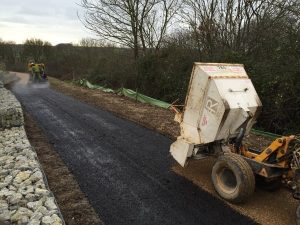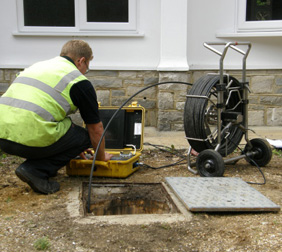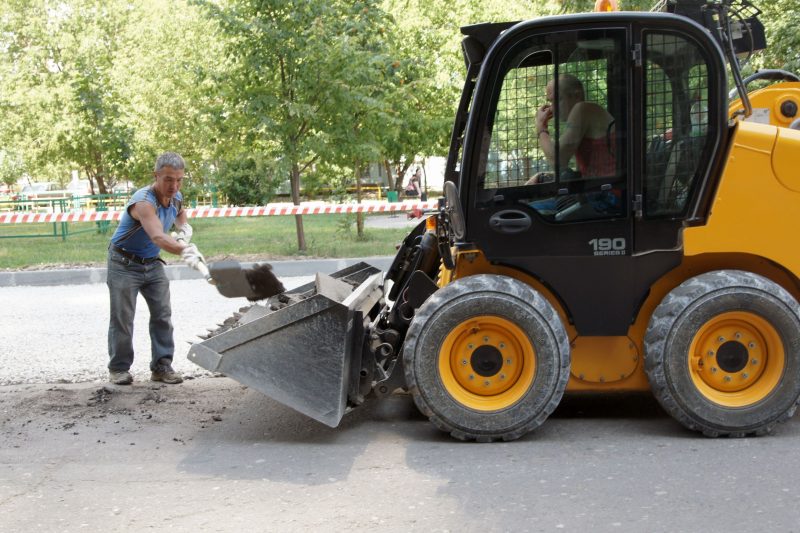It’s an unfortunate fact that whenever you’re engaging in a large construction or development project, a great deal of waste is inevitable. Some might wish that they could simply ignore the waste and make it someone else’s problem, but thanks to the environment and the government, that isn’t an option. In order to deal with the large amount of waste generated, it is vital to get a skip hire in Wallingford. A skip hire is a very costly element of any project and makes an impact on the budget. Here are few techniques you can use to minimize that cost.
Sort the Waste
A good deal of the cost incurred by waste management is the sorting that has to go on at the waste management centre. Therefore, some companies will offer incentives to sort the waste instead of them. If you can make sure that you have all of your waste properly sorted, and personally deal with difficult items like refrigerators and mattresses, then you can make a good deal of savings right there.
Make Sure You Have a Permit
Simply hiring the skip isn’t enough sometimes, you need to check with your local municipality to see if there is a permit fee to keep a skip somewhere. The fees vary widely; you’ll pay a different fee to skip hire in Wallingford than you would in Didcot, so make sure you do your homework.
Consider the Environment
Protecting the environment is a good enough reason on its own, but there are also financial reasons to make sure that your skip hire use isn’t harming nature. The government has strict rules about waste management and can hit you with large fines if they find you noncompliant with them. Make sure you dispose of everything properly and don’t create any environmental hazards.
Know Your Proper Size
The main source of variance in the costs of hiring skips is how big the skip is. Therefore, you should know exactly how big the skip you need will be. If you hire a skip too small, then you’ll find it useless, but too big, and you’ll be paying way more than you need to. A good rule of thumb is that 1 yard of space can hold around 10 rubbish bags, so if you’ll need to deal with around 60 bags worth, then a 6-yard skip is your ideal size.
You will never be able to eliminate the costs involved entirely but follow these guidelines to minimize your waste’s impact on your wallet. For more information, visit the website.


